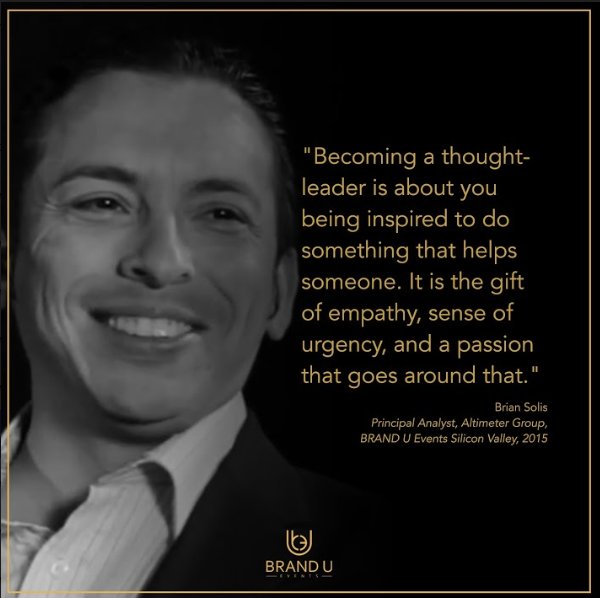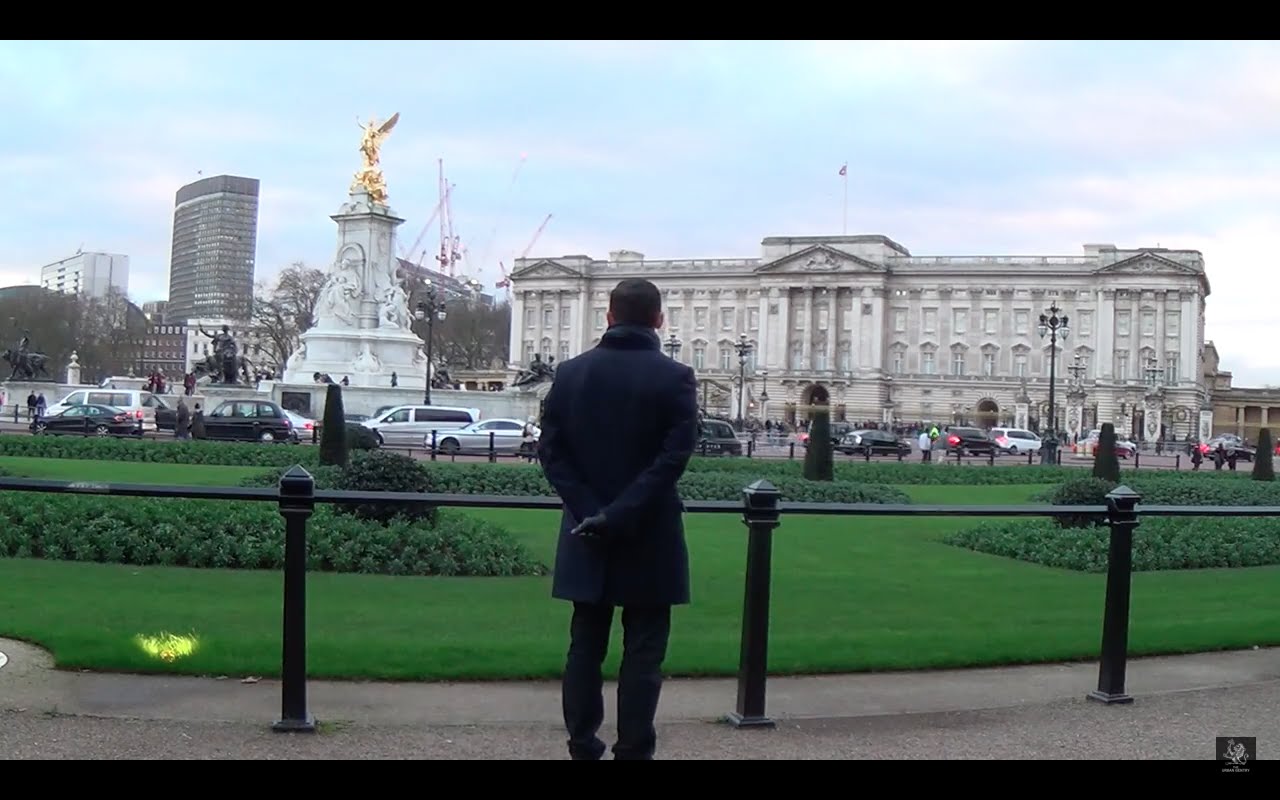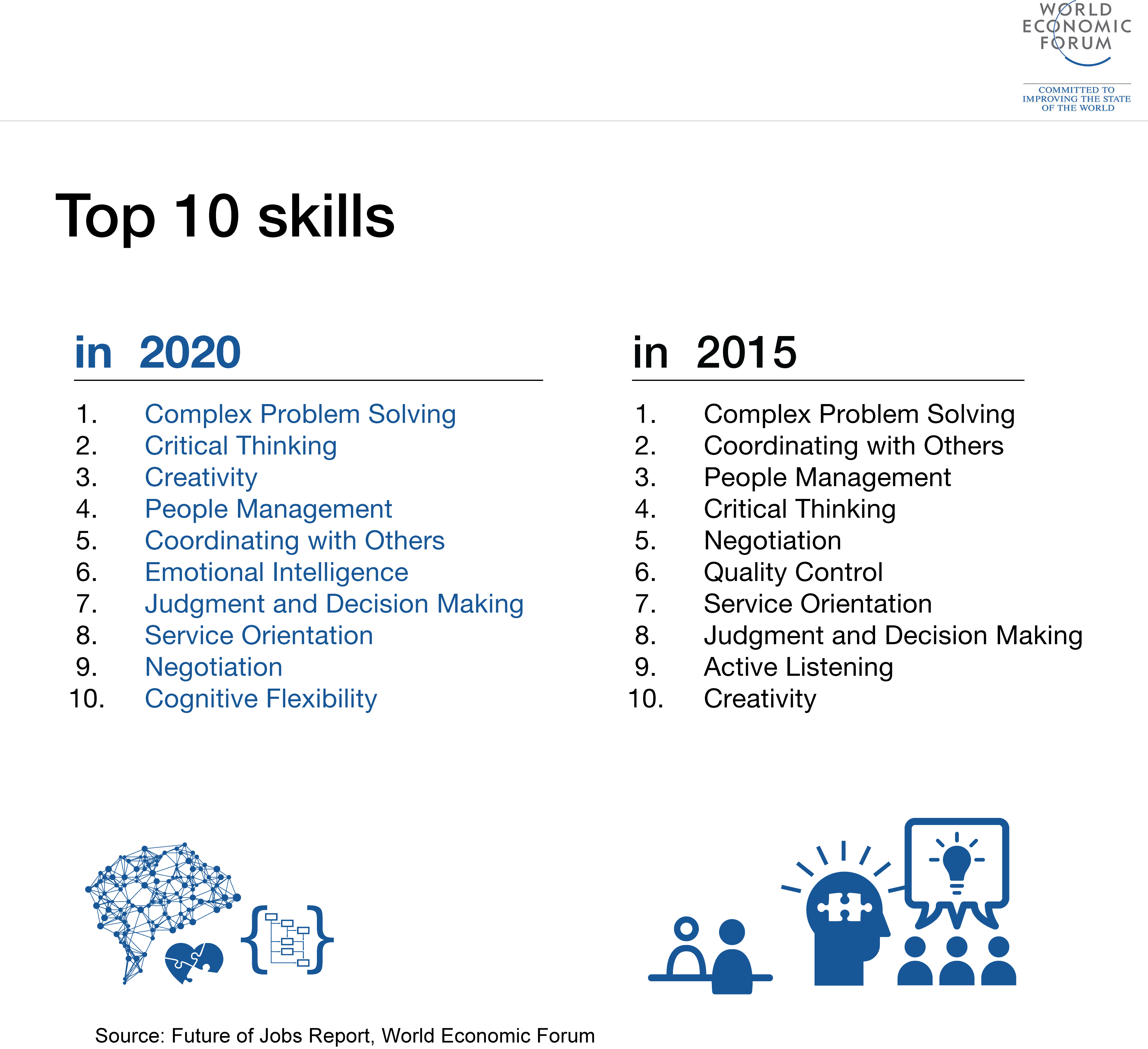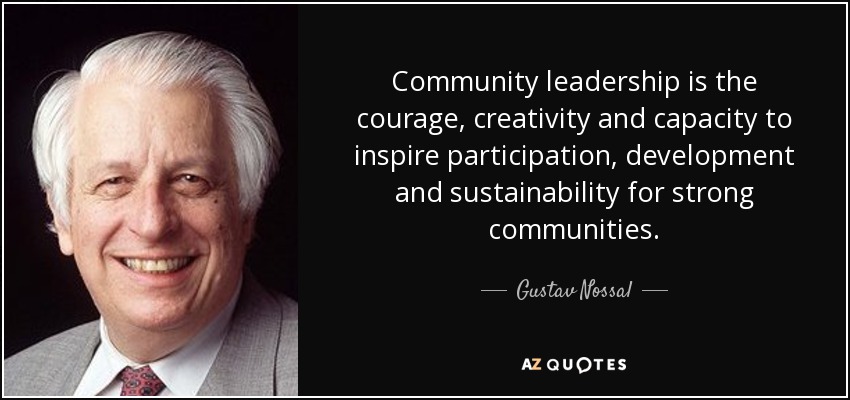 Photo Credit: Pixabay
Photo Credit: Pixabay
[Adapted from the Archives]
It’s Back to School days around here. Whether we teach our children at home or contract and cooperate with other teachers, this time of year is both exciting and sobering.
I married late in life, and the children came even later. Parenting wasn’t an instinctual process for me. Fortunately, mentors came along at pivotal times, as did parents whom I did not want to be like. Between the two, I found my way.
Feeding, clothing, and protecting children are all crucial…but what do we teach them? What are the essential lessons of life?
Two old songs come to mind when I think of the serious nature of teaching our children what they must learn for life. The old folk/rock group Crosby, Stills, and Nash & Young wrote and performed Teach Your Children. Graham Nash wrote the lyrics out of his painful relationship with an absent, sometimes imprisoned, father. Nash’s message is that we have to teach our children to make a better life…if not a better world.
You’ve Got to Be Carefully Taught is the other deeply emotional song out of the musical South Pacific. This song points to racial prejudice and cultural bias, and how hatred must be taught to children when they are young. Mandy Patinkin‘s version of this song communicates its meaning powerfully.
Although hatred or bias can be taught, even from an early age, such dreadful things can also be caught over time in culture. Things like entitlement, dishonesty, greed, and irresponsibility. We as parents (teachers and employers also) have a huge role in guiding children and young people to mature into caring and responsible adults…even in a culture that may cut across the grain of our own values.
I’d like to explore what we must teach our children. Intentionally, with meaningful purpose. Catching those teachable moments and seasons. Some things are more “caught than taught”, as the saying goes. Kids will catch some values living in close proximity to us and others. That makes the case, as well, for how we choose to live and what companions we seek for ourselves and our children.
More Is Caught Than Taught – Gabbie Nolen-Fratantoni
When our children were young, we taught them a set of rules which we honored in our home. The 21 Rules of This House by Gregg and Joshua Harris. These rules were, in ways, simplistic but also comprehensive enough to help us create a safe, orderly, and loving home, where children AND parents had the same expectations.  Photo Credit: Choosing HomeSchool Curriculum
Photo Credit: Choosing HomeSchool Curriculum
Our children are grown now, out on their own. Two of them are already in the season of small ones, establishing their own essentials for teaching their children.
This is a reminder to them of their own family values…I hope it’s also a help to you. These are 12 essential lessons of life. They are not comprehensive. I would love to hear what you think should have been there as well, in the Comments section below. Thanks.
1) Love God – “You shall love the Lord your God with all your heart and with all your soul and with all your mind. This is the great and first commandment.” – Jesus – Matthew 22:37-38 If you are reading this and don’t share a faith in one God, then this won’t have meaning for you. Jesus was asked what was the greatest commandments of the law (in that day, they were burdened by the weight of over 600 laws). His answer? Love God with everything in your being. Clearly it’s good for us to do and something parents can model and teach from the time children are tiny.
2) Love others – “You shall love your neighbor as yourself.” – Jesus – Matthew 22:39 Jesus didn’t stop at the greatest commandment. He added this one as just second to the most important. Love others. Not just your buddies. Not just those like you…but whomever neighbor is…the nobody, the every man. Jesus was clear in his instruction in “as yourself”. However it is we would serve ourselves, we give of ourselves to those around us. Wow! Great wisdom to teach our children.
3) Be obedient (honoring) – Children, obey your parents in the Lord, for this is right. “Honor your father and mother” (this is the first commandment with a promise), “that it may go well with you and that you may live long in the land.” – Ephesians 6:1-3 What a struggle it is for us to teach our children to obey! What a developmental milestone when they get it! Not after we count to 3, or 10…or whatever other enticement to obey we use in desperation. Immediate obedience – in attitude and action. That is a lesson they will take all the way through adulthood.
Raising our children in huge cities made it crucial for them to obey the instant they heard us speak to them, especially over the noise of the city. One thing we did was a bird call (a whistle sounding “bob, bobwhite”). When they heard that, they looked up and started heading in our direction immediately. I still marvel when even today, that still gets their big grown-up attention.
More on obedience can be found here.
 Photo Credit: Flickr
Photo Credit: Flickr
Parents, Require Obedience of Your Children – John Piper
10 Biblical Truths on the Obedience of Children – John Piper (followup article to one above it)
4) Be grateful. – Give thanks in everything, for this is God’s will for you in Christ Jesus. – 1 Thessalonians 5:18 God’s Word is filled with examples and encouragements toward being grateful (here are just a few). Jesus’ life was a testament of thankfulness to God the Father, and He taught us to pray with thanksgiving. Our kids grew up with The Thankful Song (from the Veggie Tales Madame Blueberry video) – “A thankful heart is a happy heart; that’s why we say thanks everyday.”
The Power of Gratitude – 21 Verses of Thanks to God – Debbie McDaniel
Avoid Raising an Entitled Child – 5 Strategies That Really Work – Amy McCready
5) Speak the truth. – Lying lips are an abomination to the Lord, but those who act faithfully are his delight. – Proverbs 12:22 The worst offense in our home was lying. Jesus spoke of Satan as being the father of lies (John 8:44). Telling the truth is something we model and something, I hope, our children value highly in their adult lives. No spin, no deception…straight-up truth. Truth in love (Ephesians 4:15).
6) Work with diligence and excellence. – Whatever you do, work heartily, as for the Lord and not for men. – Colossians 3:23 In grasping this lesson, children learn perseverance, patience, and an understanding of the value of work. Our youngest struggled with academics and he would say, about homework, “I just want to get it done!” As he matured, he moved his lament to more of a charge of “get it done and done well”. Watching him grow in that continues to make us so proud of him.
12 Ways to Glorify God at Work – Jose Etter
7) Seek joy. – Be joyful in hope, patient in affliction, persistent in prayer. – (Romans 12:12) Grumbling, discontent, and whining are such a part of human nature. When we count our situation with joy, whatever it is, everyone wins. Other verses here.
9) Be forgiving. – Bear with each other and forgive any complaint you may have against one another. Forgive as the Lord forgave you. – Colossians 3:13 Holding grudges and distancing ourselves from others in unforgiveness is no way to live. Forgiving because we are forgiven carries with it a deep, loving perspective. Helping our children understand how to forgive, especially little ones who have been gravely hurt by others, is huge. More on forgiveness.
10) See beauty; create beauty. – He has made everything beautiful in its time. Also, He has put eternity into man’s heart, yet so that he cannot find out what God has done from the beginning to the end. – Ecclesiastes 3:11 My children tease me sometimes because they say I think everyone out there is handsome/pretty. God has given me eyes to see, maybe as He sees. He creates beauty and He means for us to see and appreciate it…and create beautiful things ourselves. Photo Credit: Public Domain Pictures
Photo Credit: Public Domain Pictures
Our children are all musicians (one professionally) or writers . They create beauty as we all can…in some way or another.
Nathan Mills -Beyond The Guitar
Top 10 Bible Verses about Art with Commentary
Saying Beautifully as a Way of Seeing Beauty – John Piper
11) Be kind. – Be kind to one another, tenderhearted, forgiving one another, as God in Christ forgave you. – (Ephesians 4:32) Again, years ago, when our kids were very young, they participated in a Vacation Bible School and learned a little song on kindness. “K-I-N-D, Love Is Kind”. I couldn’t find it anywhere for today’s blog, but the message stuck in all our heads. One of the simplest ways to show love is to be kind – to be generous and caring in our consideration of others. The Scripture points often to kindness in loving each other.
Be Kind to One Another – John Piper
12) Serve others. – Do not neglect to do good and to share what you have, for such sacrifices are pleasing to God. – Hebrews 13:16 This lesson of serving others is one I actually struggled to teach well. I fell into the excuse (like many parents do) that they had so much homework, so many assignments to complete, that they should just have fun when they had the time. Serving could have totally been a “fun” way of life. I hope our children do better with teaching serving than I did. More on serving here. Photo Credit: Niagara
Photo Credit: Niagara
In closing, I’ve left off many things. Critical thinking is one. Purity another. In fact, do you remember that little song, “Be Careful Little Eyes What You See.” Our kids knew that in English and Arabic.
Still probably the greatest lesson across the years of childhood (which goes along with the two greatest commandments Jesus taught) is the one Bob Pierce, founder of World Vision, taught us.
Let (your) heart be broken with the things that break the heart of God.
We want to teach our children to do right, for the sake of others and for themselves, and to stand up for what is right.
Train up a child in the way he should go: and when he is old, he will not depart from it. – Proverbs 22:6





















